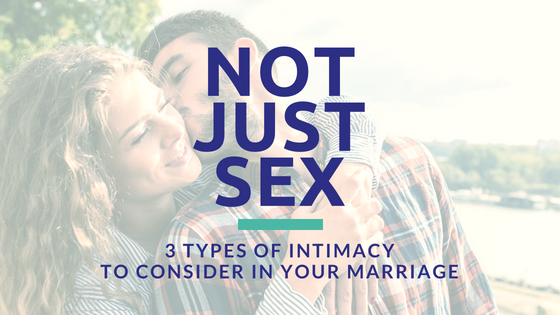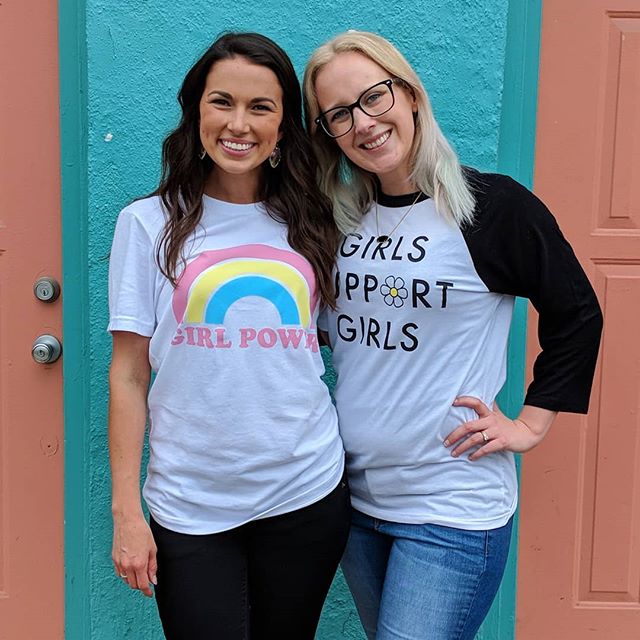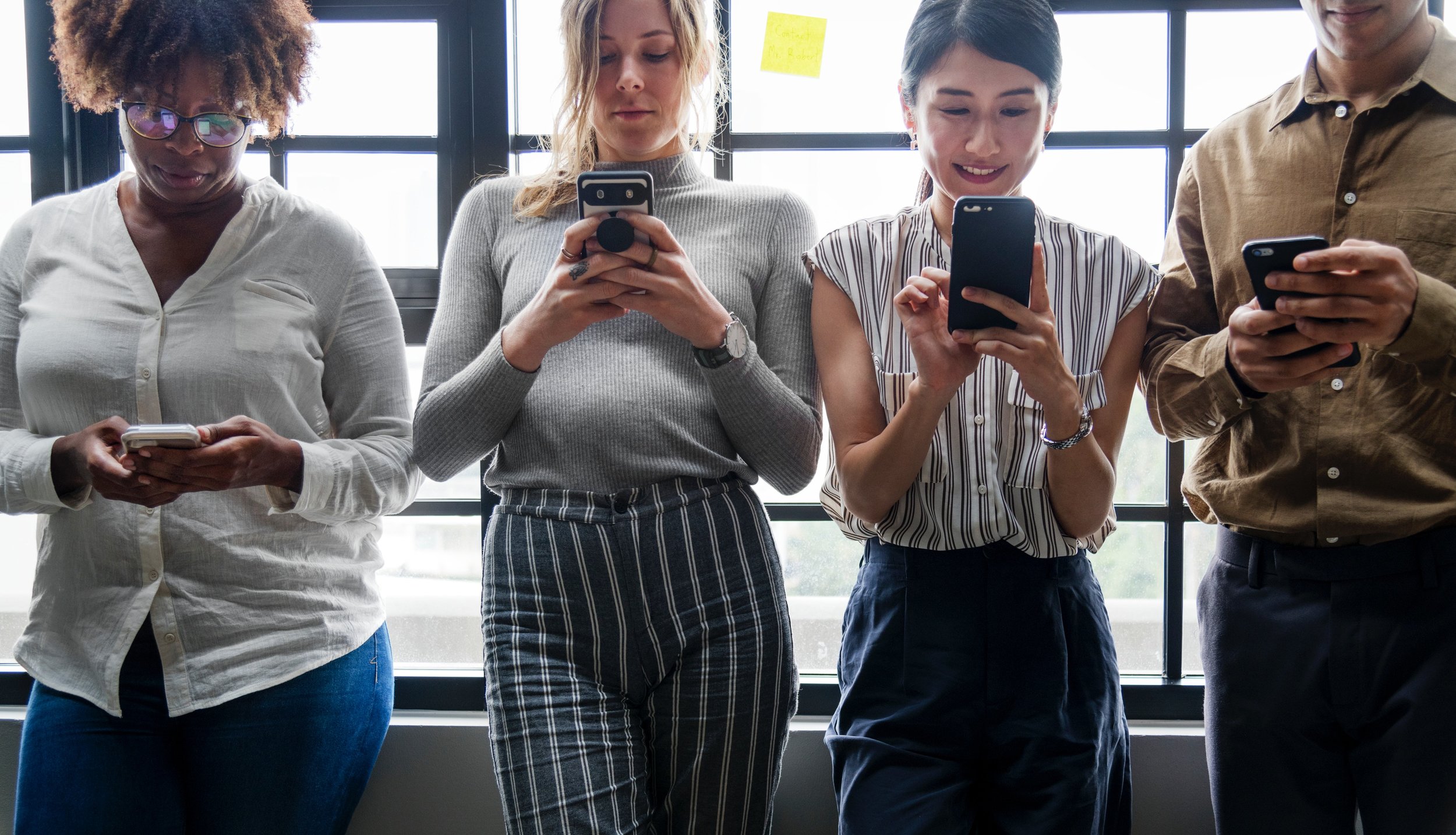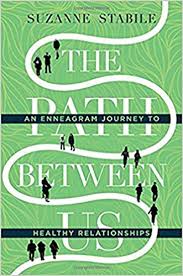As mental health counselors, we’re always looking for effective methods to integrate mind-body wellness and supplement talk therapy. Acupuncture is one avenue we’ve found to be effective for many of our therapy clients struggling with depression, anxiety, and more. Meet our go-to Austin acupuncturist, TK Largey, of Teak Acupuncture.
Tell us a bit about who you are and what you do.
Hi! I’m an acupuncturist working in South Austin who specializes in working with anxiety, stress, trauma, and mood disorders.
What are your passions and hobbies?
I am a giant young adult fiction fan! I can remember sitting in the young adult section of a bookstore when I was about fourteen, looking over at the adult book section, and panicking a little that I was going to have to stop reading YA books when I got a few years older. Then I just decided that I was going to keep reading YA literature no matter how old I got, and I have! I do read other things too, of course, but there’s something about that vulnerable and transformative time in a person's life that captivates and inspires me.
I think that’s the same thing that draws me to working with clients who are struggling with physical and emotional trauma. There’s such an amazing opportunity for growth and transformation at those junctures in our lives, and I’m always honored to accompany people as they go through that process of transformation and watch as a trauma, or pain, or fear, or sadness, or whatever becomes a springboard for change, growth, and a new beginning. That just never gets old.
Tell us about your journey as an acupuncturist.
I suffered from severe anxiety as a teen and young adult. At times in my life it really affected my ability to leave my home, interact with others, and have meaningful relationships. After trying just about everything else, I tried acupuncture. The relief I got was so dramatic and life-changing that I decided to become an acupuncturist. I was living in Boston at the time and moved back to Austin, where I had attended UT. I enrolled at AOMA Graduate School of Integrative Medicine in Austin, TX. Six weeks after graduating the four year program, while I was five months pregnant, I was diagnosed with ovarian cancer. I had planned on opening a clinic with two other new graduates, but chemotherapy and the birth of a healthy baby girl brought this dream to a halt. Eventually, between caring for a baby and recovering my health and strength, I took my board exams and got my license! I practiced out of my home for awhile and was eventually hired on as an acupuncturist at Wiseman Family Practice, which is a thriving integrative family practice in Austin, TX, where I got to work with a dedicated team of doctors and nurse practitioners. Earlier this year, I took the leap to finally realize my dream of having my own clinic and opened Teak Acupuncture. I am loving it!
What’s your favorite part about working in your field?
The people. Hands down. I love that, as an acupuncturist, I get to spend time with my patients and develop relationships with them. An initial visit is 1.5 hours, and 45 minutes of that is talking! After that, I usually see patients weekly or every other week for 8-10 visits for an hour at a time. I really get to know them and care for them. It’s always a bittersweet time when patients are feeling better and don’t need to come as often, but it’s so wonderful to see them getting back to the things that bring them joy and to catch up when they come back occasionally for “tune-ups” or to work on something else that has sprung up.
How can people benefit from working with you?
I work with my clients to help them regain and maintain physical and emotional health. So, the benefits can be as varied as the people I see. Some of the ways I see patients benefit from acupuncture are by reducing or removing physical pain, calming an overactive mind, renewing energy for daily life, improving sleep, and more!
Why is it important to you to integrate acupuncture with mental health?
Traditional Chinese medicine does not separate the mind from the body. Many people find that they have physical pain or dysfunction that goes hand-in-hand with an emotional component. For example, many people notice they get a headache or upset stomach when under stress. Acupuncture can help unwind the chain of imbalances that stress, physical trauma, and emotional trauma cause. Different people see this manifest in different ways, depending on their bodies’ natural disposition and its innate strengths and weaknesses. It might be digestive issues, back pain, headaches, trouble sleeping, shortness of breath, dizziness, anxiety, depression, or hypervigilance. Acupuncture can help heal damage and reset the body to its non-stress state, creating a place of stability for the deeper healing and understanding that comes with mental health therapy.
What can people expect from working with you?
Treatment starts with a new patient visit, which lasts 1.5 hours and includes an extensive intake and a treatment session. At that time, we come up with a treatment plan. Acupuncture can actually change your brain and your body, but much like changing your muscles with a new exercise regime, this takes time. A general rule of thumb is that it takes about 10 weekly sessions to see real differences, although many people start to notice differences after just a few sessions. This varies from person to person. Some people see results more quickly and some people take a little longer. Once a desired effect is achieved patients begin coming less frequently, and then they may just come in for occasional “tune-ups” or when a new condition arises.
How can people connect with you?
Check out my website, TeakAcupuncture.com! You’ll find a lot more information about what to expect at your first treatment and more about me. I’m always happy to answer any questions people may have about acupuncture and if it might be right for you. You may also feel free to e-mail me at tk@TeakAcupuncture.com.









































































